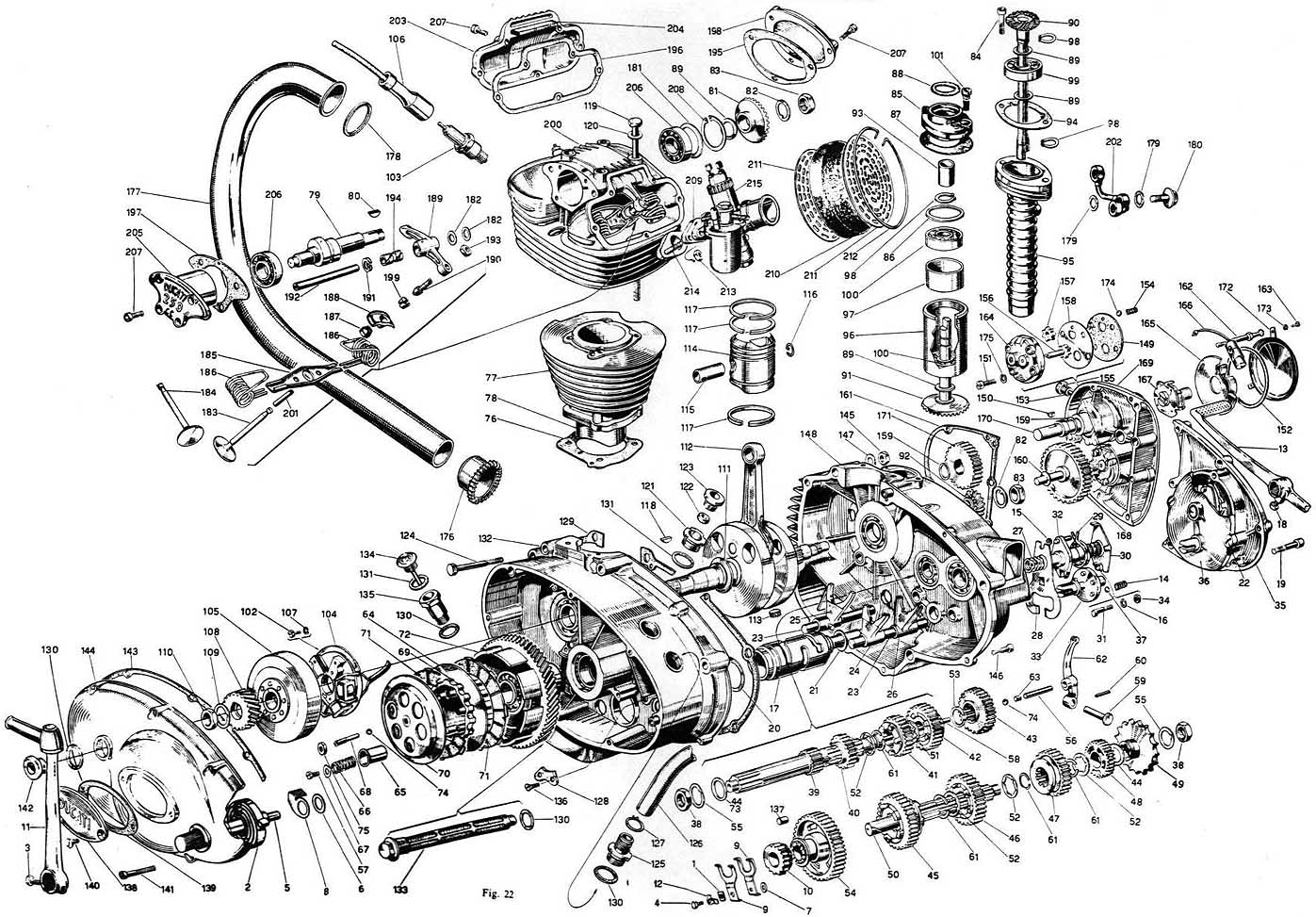
After finally polishing off the rest of Swann's Way, I found my outlook transforming from reading out of a sense of duty to Man is Men to sincere interest and delight once I got on board with Proust's style.
Proust takes the concept of the formation of experience, which he illustrates through the Narrator's bedtime experiences in Overture and Combray, and shows how love wreaks havoc on one's construction of reality in the largest part of the book, Swann in Love.
Swann goes on an emotional roller coaster as he navigates his relationship with a courtesan, who loves him one day and spurns him the next. Swann jumps through hoops trying to make sense of his obsession with her and comes face to face with the concept of cognitive dissonance much like the Fox and the Grapes, where the fox, after trying so hard and failing to reach the grapes that are high in a tree, deems them as sour anyway. He must alter his sense of reality in order to suit the actual reality.
But what this really goes into is how our memories are not made out of exact mirrors of stretches of time but are rather like a book or movie, where only the moments that fit our ideal of the memory are archived together in our mind to formulate the experience.
A friend of mine went on a long road trip with his wife across America for their 10 year anniversary. He told me that they fought the whole way and squabbled and squibbled non-stop, leading him to wonder if the trip was a good idea. But, after the trip, when they sat at home reflecting on the month long excursion, they felt it was the best trip of their life! They expunged all the bad moments and strung together all the good ones, making them the building blocks of that experience.
This is exactly what Swann did with his courtesan, Odette:
"Rare as they became, those moments did not occur in vain. By the process of memory, Swann joined the fragments together, abolished the intervals between them, cast, as in molten gold, the image of an Odette compact of kindness and tranquillity, for whom he was to make, later on (as we shall see in the second part of this story) sacrifices which the other Odette would never have won from him."
This book is worth the work. So, now, for all who are following along or wished to forgo Marcel Proust's long winded nattering, on to The Trial by Franz Kafka!

